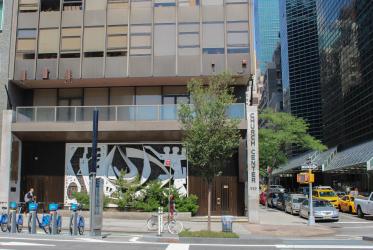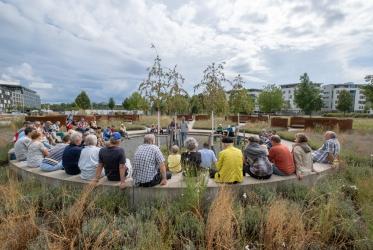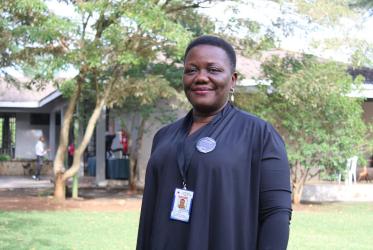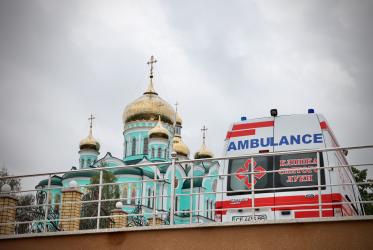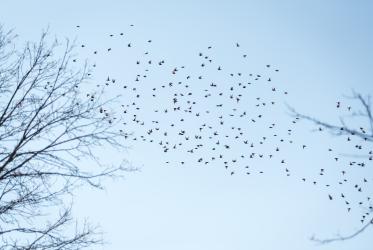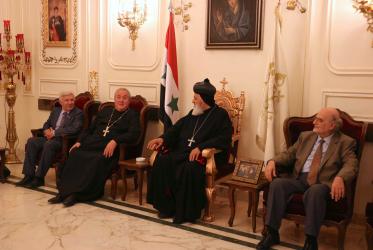Displaying 121 - 140 of 312
„Donnerstags in Schwarz“ zeigt sich in New York City
13 October 2022
In New York City, the spirit of Thursdays in Black is thriving
06 October 2022
Ukraine: Auf humanitäre Bedürfnisse reagieren
27 September 2022
Assembly workshop looked toward ending AIDS epidemic by 2030
19 September 2022
Workshop explores how interreligious dialogue brings trust and respect
15 September 2022
Ukraine: Responding to humanitarian need
08 September 2022
“My hope is in you”—youth in the Holy Land carry the future
17 August 2022
Kloster in der Ukraine reagiert auf Kriegsfolgen
11 August 2022
Monastery in Ukraine responds to the consequences of war
09 August 2022


